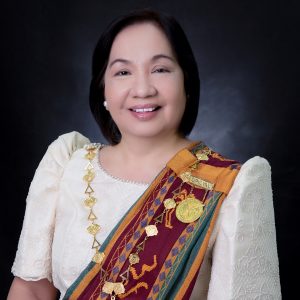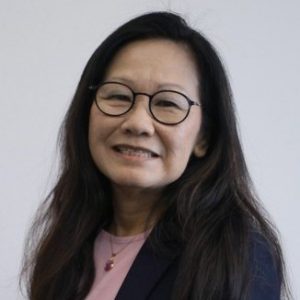Digital assessment is an evolving construct used in education to enrich, inform and complement the teaching process. Using automatic feedback however, has been under-utilised and under-valued throughout the assessment process.
This presentation provides insight into a number of projects that have automated some aspects of assessment and feedback, including a system for language learning which is an example of an early AI system. The examples selected from my own AI research have a strong conceptual underpinning, for instance Dweck's (2017) work to develop Open Comment which provided authentic feedback on a free text entry assessment system. With Open Mentor, Bales' (1950) interactive categories were used to help tutors develop effective and supportive feedback. SafeSea, on the other hand, allowed students to trial essay writing before taking the sometimes aunting step of submitting their first essay. This system was using analysis based on Pask's (1976) conversational framework.
Furthermore, the presentation will discuss some of the issues raised by teachers and students about digital assessment and will provide examples of how AI can address their concerns. The issue of disrupters will also be raised including the problems of plagiarism, especially with the launch by OpenAI of ChatGPT a language -generation model, that can write student assignments for them.
References
Bales, R.F. (1950). A set of categories for the analysis of small group interaction. American Sociological Review, 15, 257–263.
Dweck, C.S. (2017). Mindset: Changing the way you think to fulfil your potential. New York: Ballatine Books.
Pask, G. (1976). Conversation theory: Applications in education and epistemology. Amsterdam, New York: Elsevier Science.
Acknowledgements
This Research has been funded by JISC, EPSRC, EU and the Open University UK






















